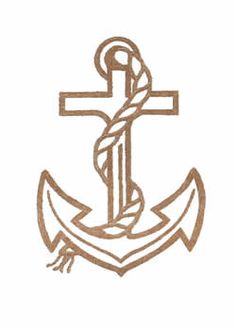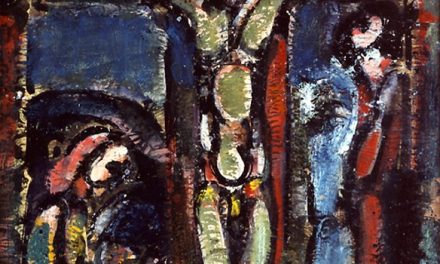The Third Sunday of Easter
Lectionary: 47
Acts 3:13-15, 17-19
Ps 4:2, 4, 7-8, 9
1 Jn 2:1-5a
Lk 24:35-48
Why so many weeks of Easter you may ask? Do we really need another set of stories about Jesus returning to visit the disciples after his death? Isn’t the message pretty straightforward? He is risen!
It is clear from this week’s Gospel (and others in the Easter season) that the disciples were confused and did not really understand the nature and meaning of the resurrection. They were still in shock from Jesus’ sudden, violent death. They had a difficult time getting their minds around the significance of Jesus’ appearances. Was he a ghost? Had he not died? Was he the same person? Like the disciples, we tend to suffer under our own misconceptions about death and life after death. These readings can help clear some of that up.
The way many of us typically describe the prospect of our own life after death is in terms of “immortal soul.” But that is not at all what we are presented with in these narratives. Jesus is not a ghost or a disembodied soul. As he says to his friends, “Touch me and see, because a ghost does not have flesh and bones as you can see I have.” To further emphasize his embodiment, Jesus asks, “Have you anything to eat?” and he goes on to eat the fish that is offered to him. The physical reality of Jesus’ death is also emphasized in this Sunday’s Gospel. Jesus invites the disciples to “look at my hands and my feet” (where he had sustained the wounds of crucifixion). This is not a man who passed smoothly from “this world” to “the next.” The marks of the trauma are part even of the risen Jesus. Death has not disappeared but its power has been taken away.
This is a helpful point to ponder as we think about the reality of our own eventual death. These stories of Easter are the source of our hope in the face of death. We rejoice in the fact that it is not our own goodness but the goodness of Christ that is the foundation of our hope. As the first reading (from Acts) reminds us, we are sinners. But even so, “we have an Advocate with the Father, Jesus Christ the righteous one.” We should strive to live good lives, and to be converted, and to keep the commandments. But thankfully, our fate depends not upon whether we succeed in being moral, but by God’s grace and mercy.
These readings also clarify hope in the sense that we must remember that the resurrection of Christ does not erase or remove death. The wounds of Christ remain real. The victory that God gained for us over death removes only its ultimate power. The pain of separation from those we love, the loss of the good things of this life, and so on all must still be faced and endured. Death retains some power over us; but knowing that God’s promises to us ultimately are more powerful that the pain and reality of death can help us to face the end of life with patience and courage.





Trackbacks/Pingbacks